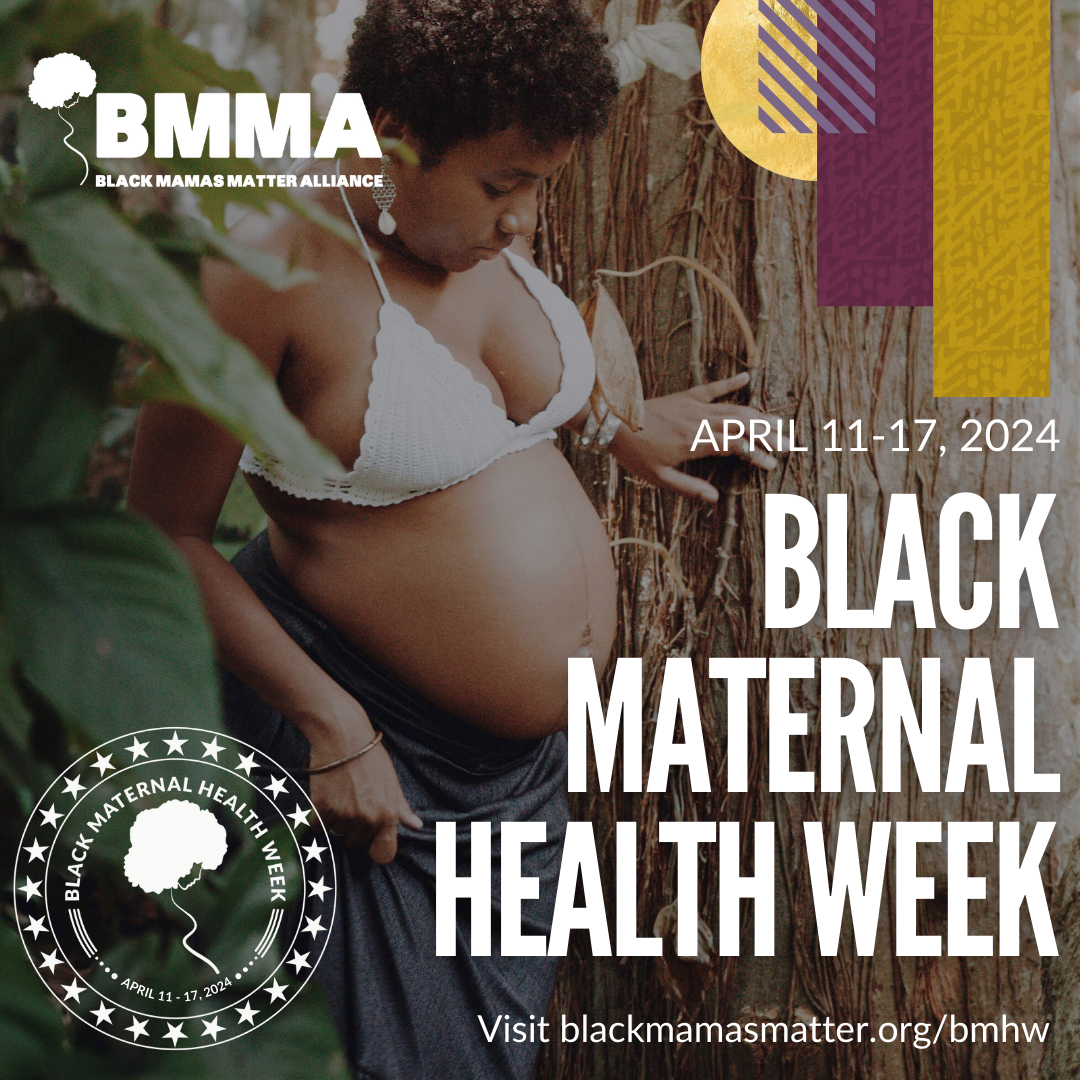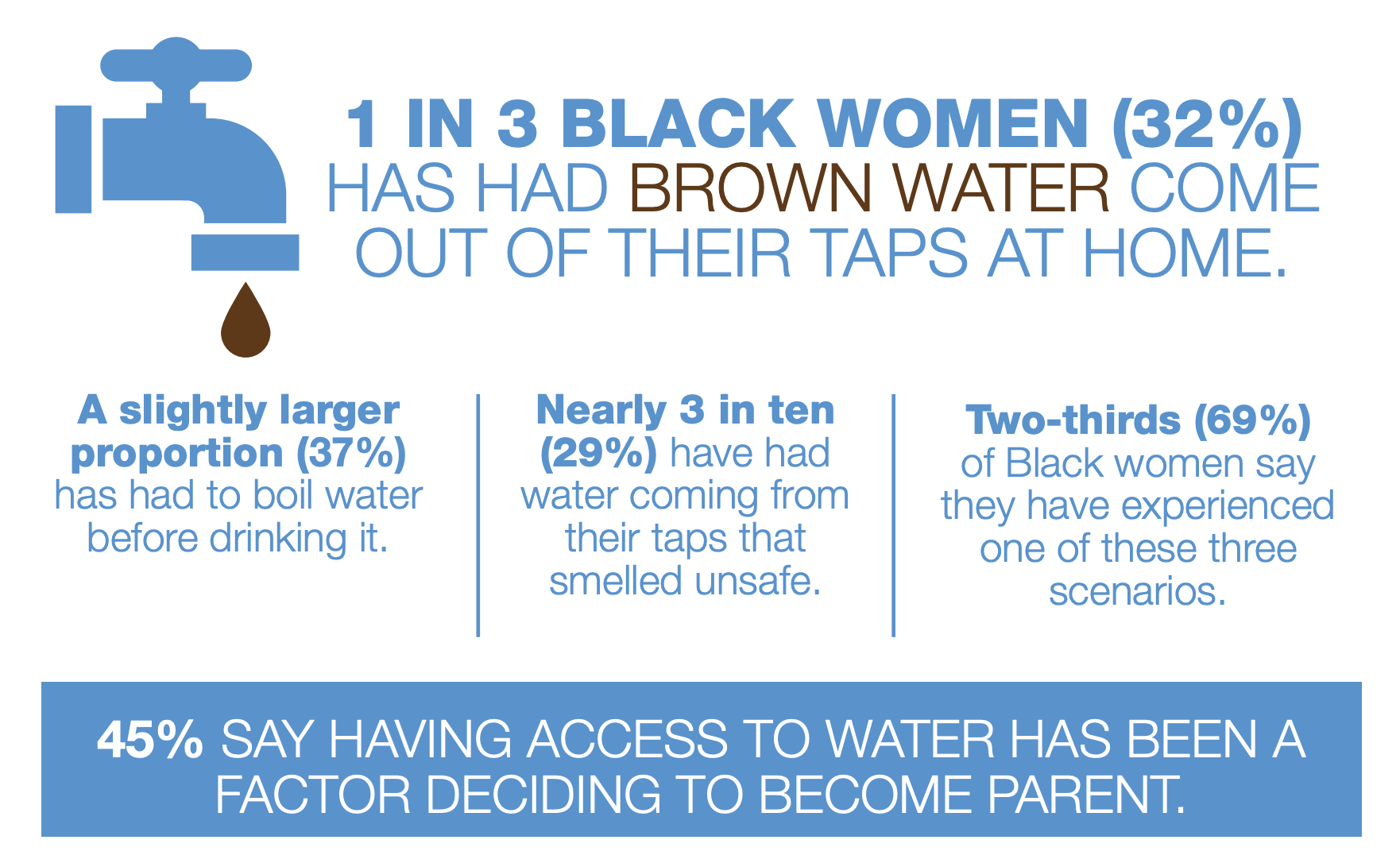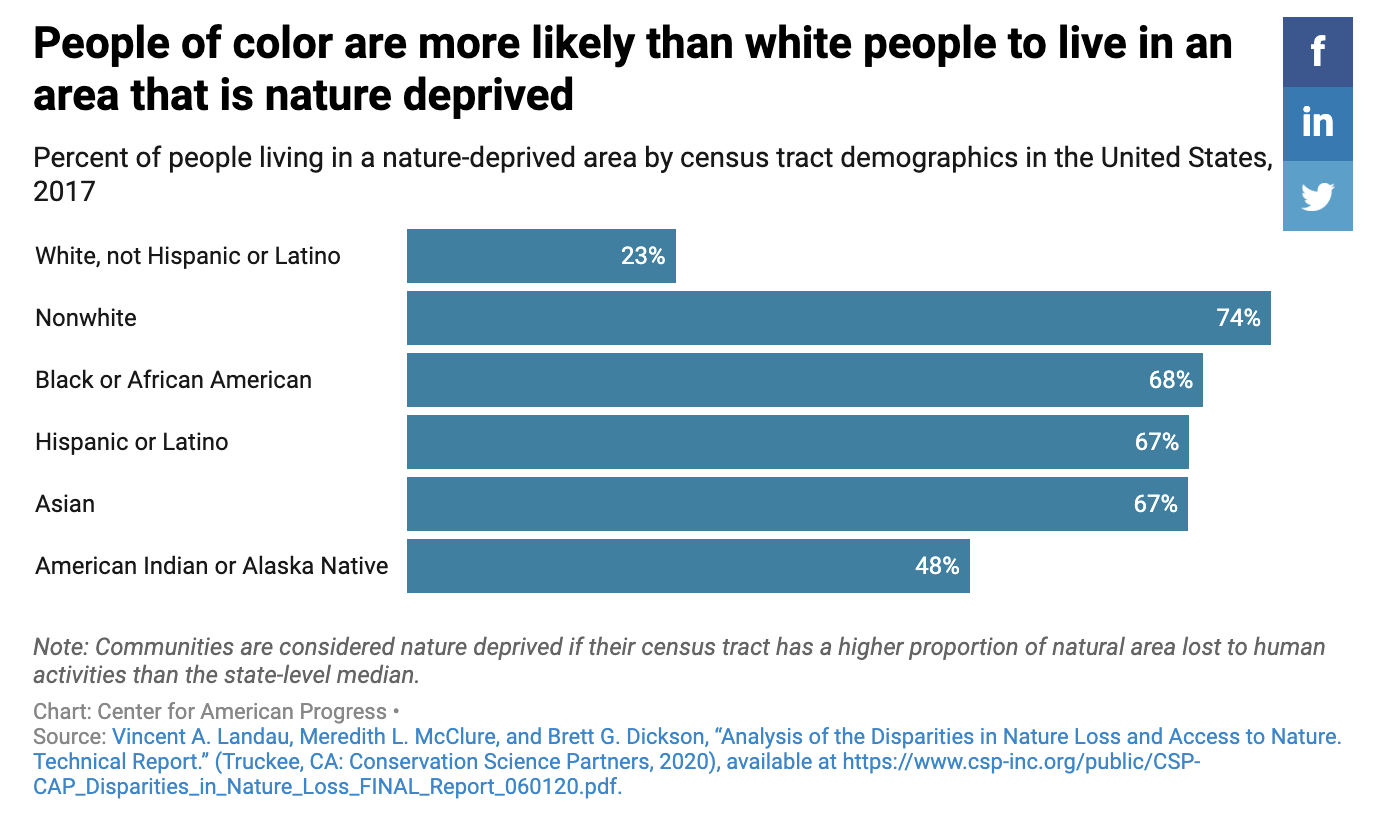 Each year PRH joins Black Mamas Matter Alliance to recognize Black Maternal Health Week on April 11-17, and the theme this year is “Our Bodies STILL belong to Us: Reproductive Justice NOW!” This theme builds off of the discussion in 2023 where, following the Dobbs v. Jackson Women’s Health Organization decision, we centered the impact of abortion bans on maternal health outcomes and its disproportionate impact on Black people.
Each year PRH joins Black Mamas Matter Alliance to recognize Black Maternal Health Week on April 11-17, and the theme this year is “Our Bodies STILL belong to Us: Reproductive Justice NOW!” This theme builds off of the discussion in 2023 where, following the Dobbs v. Jackson Women’s Health Organization decision, we centered the impact of abortion bans on maternal health outcomes and its disproportionate impact on Black people.
This year’s theme continues to place a strong emphasis on bodily autonomy and an urgent call for Reproductive Justice. Reproductive Justice– the right to have or not have children and to parent the children we do have in safe and healthy communities – requires us to be intersectional in our advocacy. It isn’t just about abortion, or even health care generally. Among many other factors, a safe and healthy community means communities safe from the impacts of pollutants, toxins, the impacts of climate change, and all components of environmental justice.
Historical and systemic racism through government policies such as redlining, the practice of denying housing loans to Black and other minority homeowners within certain neighborhoods, and the intentional racial segregation of communities of color has resulted in these communities experiencing disproportionately more exposure to environmental pollutants and toxins. Black people are more likely to live in areas that are vulnerable to extreme weather including exposure to extreme heat and living in areas more likely to be hit by hurricanes. And an analysis of EPA data found that race has the strongest relationship to access to safe water.
Water contaminated with chemicals and other toxins negatively impacts maternal and infant health.
In a national poll by In Our Own Voice, 31% of Black women reported having brown water come out of their taps at home, 37% reported having to boil water before drinking it, and 29% reported having water coming from their taps that smelled unsafe. Overall, 69% of Black women say they have experienced at least one of these three scenarios.
These poll results may remind us of the Flint water crisis in which residents of Flint, Michigan, a predominately Black and low-income community, were exposed to high levels of lead in their water after the city switched their water source in 2014 to the Flint River in an effort to cut costs.
The lead contaminated water contributed to elevated blood lead levels in children. The health effects of lead exposure in children in Flint increased the risk of impaired cognition, behavioral disorder, hearing problems and delayed puberty. Later studies also revealed that fertility rates decreased by 12% among Flint women, fetal death rates increased by 58%, and infants born during the water crisis had lower birth weights. The lead exposure also increased the risk of hypertension for pregnant people.
The Flint water crisis is unfortunately not unique or new, with water contamination being an ongoing issue for many Black communities throughout the United States. For example, residents of Jackson, Mississippi have been facing an ongoing water lead contamination issue leaving pregnant people and parents to not trust the water in their homes.
And it’s more than just lead contamination in water, exposure to which carries a risk of miscarriage. Black communities are also disproportionately exposed to PFAS in their drinking water. These so-called “forever chemicals” have been linked to decreased fertility as well as life-threatening conditions like pregnancy-induced hypertension and pre-eclampsia.
People deserve equitable access to clean water. Forty-five percent of Black women said that having access to water has been a factor deciding to become a parent. From Flint to Jackson, people across the United States are at regular threat of not having access to clean water. All people, including pregnant people, deserve access to cost-free, drinkable water free from pollutants and toxins.
As we continue to face a maternal health crisis, we know that one studied way to increase maternal and infant health outcomes is having access to green spaces.
A report from the Center for American Progress found that there are fewer forests, streams, wetlands, and other natural places near where Black, Latino, and Asian American people live, and that families of color with children have less access to nature nearby than compared to the rest of the country.
We know that access to green spaces is good for our mental health, but nature is also essential to cleaning and maintaining the natural environment. Trees and other plants help to filter the air to provide us with clean air to breathe, trees provide shade as we face extreme heat, and wetlands and marshes clean the water and protect communities from floods and storm surges. Public green spaces such as parks and gardens also provide us with free recreational spaces to move our bodies, a necessity for overall health.
Increased access to green space and tree coverage exposure has also been linked to decreased preterm births, increased birth weights, and decreased experiences of post-partum depression. Everyone deserves equitable access to safe greenspaces in their communities.
We need protections for our environment, which includes protections for the air we breathe, the water we drink, and the land we live on, to decrease the harms of climate change and to ensure access to comprehensive reproductive health care and safe, healthy, communities. All of us, especially young people, deserve lifespans free from reproductive anxiety due to the climate crisis as they consider whether to build families.
Adrienne Ramcharan
Assistant Director, State Policy

